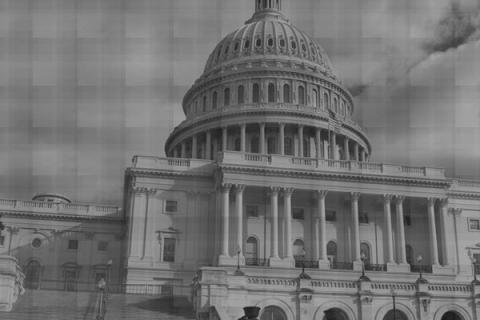After weeks of heated rhetoric and accusations directed toward the Tea Party movement in the days leading up to the debt ceiling agreement and afterward, Rep. Maxine Waters (D-CA) stirred up the war of words again in California this weekend by saying: "the Tea Party can go straight to hell."
The Democratic Congresswoman-- who is still battling House ethics violation charges in an ongoing investigation-- was addressing a townhall audience in Inglewood, California this Satuday, and the crowd burst into vigorous applause, giving Waters a standing ovation when she said:
"This is a tough game. You can't be intimidated. You can't be frightened. And as far as I'm concerned -- the Tea Party can go straight to hell."
Most media reports of the incident have omitted what she said after the applause subsided. Waters added:
"And-- and-- I intend to help them get there."
You can view the full video of Maxine Waters' remarks, including that last part, at CBS News.
The unhelpful insult-- telling Tea Party members that they can go straight to hell-- is bad enough in light of many Democratic leaders' calls for civility and a post-partisan era in American politics. But mere months after the shooting spree that left Congresswoman Gabrielle Giffords (D-AZ) critically wounded and others dead, those final words: "I intend to help them get there," could be interpreted as chillingly and insensitively unfunny.
As I meticulously detailed here at CAIVN this January, many bloggers and commentators, even in the mainstream media, blamed Republican and conservative rhetoric for the Giffords shooting in Arizona. Had Maxine Waters' recent words been uttered by a Tea Party Republican, how else would these same commentators interpret them, but as a death threat or an incitement to violence?
This would appear to be merely the latest in a deafening crescendo of ill-tempered insults and scurrilous accusations from ranking Democrats and their sympathizers in the media toward members of the Tea Party movement. During the debt ceiling debate-- a controversy over fiscal policy-- Tea Party supporters were called everything from "hostage-takers" to "terrorists," and accused of deliberately trying to destroy the United States economy.
Americans, whether they agree with the Tea Party's political platform or not, should recognize just how serious the recent wave of anti-Tea Party rhetoric is. The public policy debate in America has reached a fevered pitch of violent rhetoric and seething hatefulness. Political leaders and the voting populace who empowers them should speak with one voice to unequivocally disavow this kind of rhetoric.

